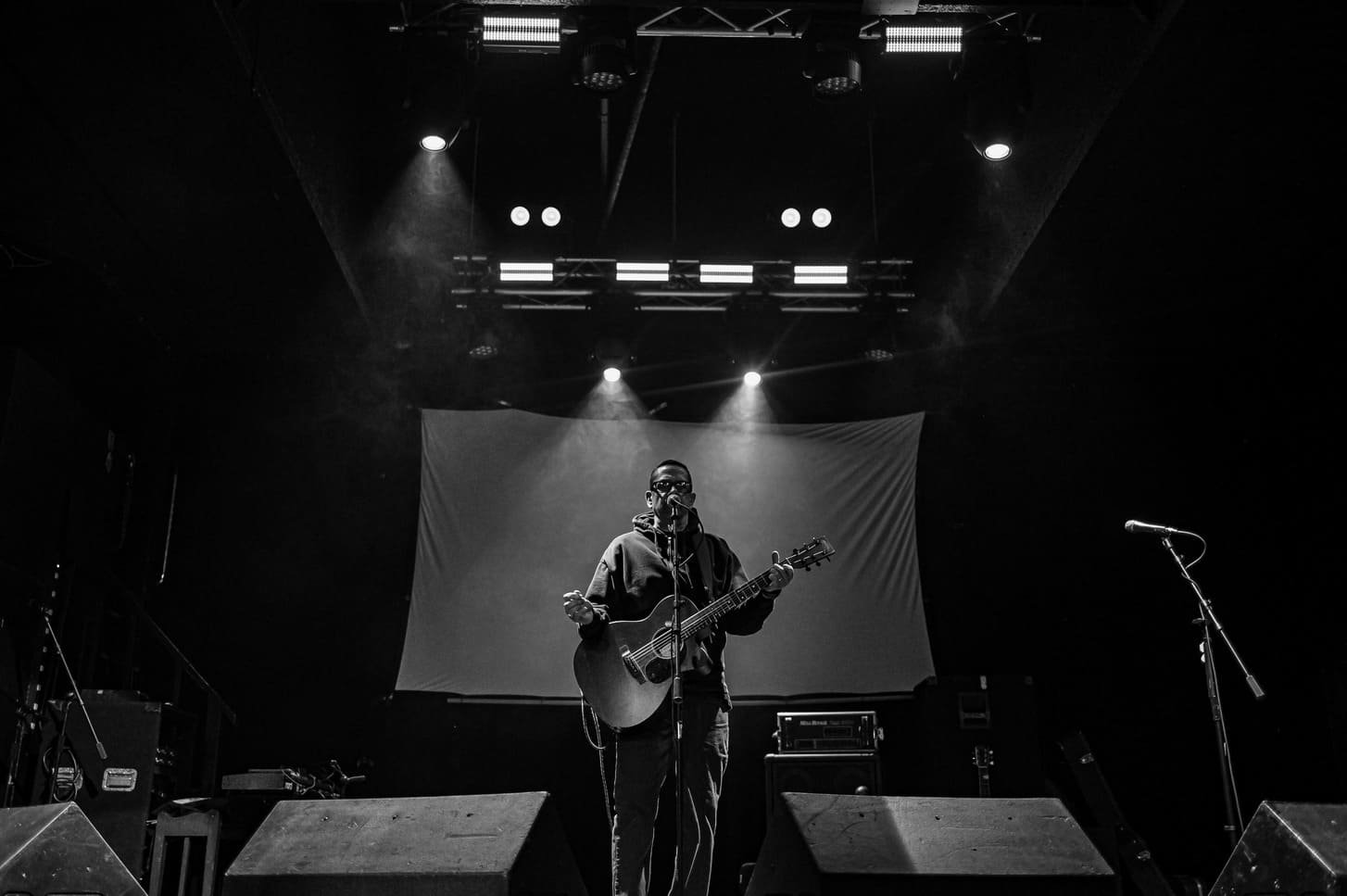In 2018, Kendrick Lamar released his song ‘Not Like Us’ as a diss track towards his fellow rappers. However, little did he know that this song would become an anthem for young Kenyans fighting against their government’s tax bill.
The Kenyan government had proposed a 16% tax on all goods and services, including basic necessities such as food and medicine. This sparked outrage among the citizens, especially the youth who were already struggling with high unemployment rates and a rising cost of living.
Enter Sabi Wu, a local rapper who was inspired by Lamar’s ‘Not Like Us’ and decided to use it as a tool to mobilize and unite the youth in their fight against the tax bill. He sampled the beat and wrote new lyrics that spoke directly to the struggles of the Kenyan people.
The song, titled ‘Not Like Us (Kenya Remix)’, quickly gained popularity among the youth and became an anthem for the protest movement. Its powerful message and catchy beat resonated with the frustrations and anger of the people, and it became a symbol of their resistance.
The protest, organized by a group called ‘Kenya Ni Kwetu’ (Kenya is Ours), saw thousands of young Kenyans take to the streets in peaceful demonstrations. They carried signs and chanted the lyrics of ‘Not Like Us (Kenya Remix)’, demanding that their voices be heard and their rights be respected.
The impact of the song was undeniable. It not only brought attention to the issue at hand but also united the youth in a common cause. It gave them a sense of empowerment and showed them that their voices could make a difference.
The government eventually backed down and reduced the proposed tax to 8%, a significant victory for the protesters. And while there were other factors at play, many credit the success of the protest to the powerful message of ‘Not Like Us (Kenya Remix)’.
Sabi Wu’s use of Kendrick Lamar’s song as a tool for social change is a testament to the power of music and its ability to inspire and unite people. It also highlights the influence of international artists on local movements and the impact they can have on global issues.
In the end, ‘Not Like Us (Kenya Remix)’ not only helped the youth of Kenya lead a successful protest, but it also showed the world that music can be a powerful force for change. As Sabi Wu himself said, “We may not be like the rest of the world, but we are united in our fight for a better future.”



